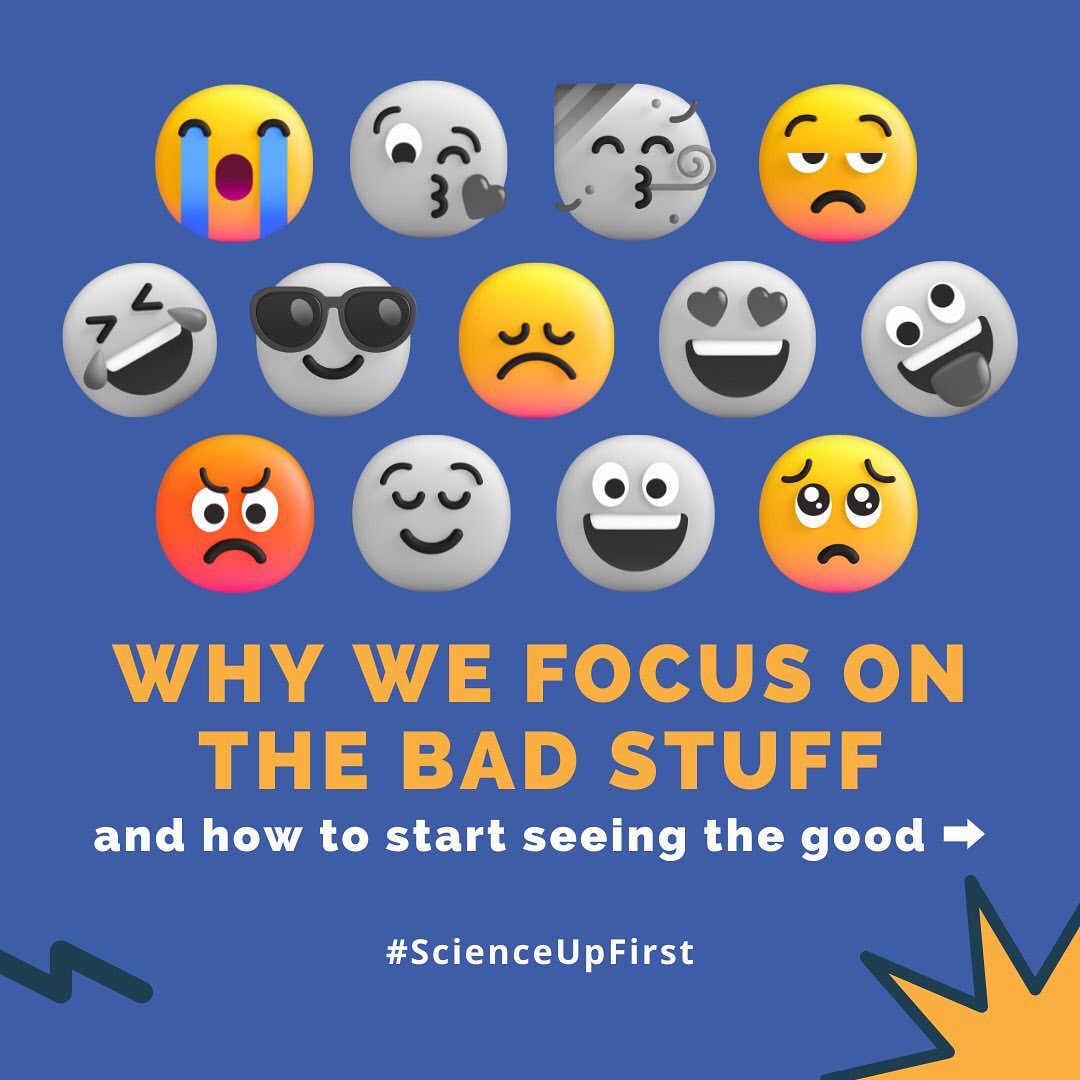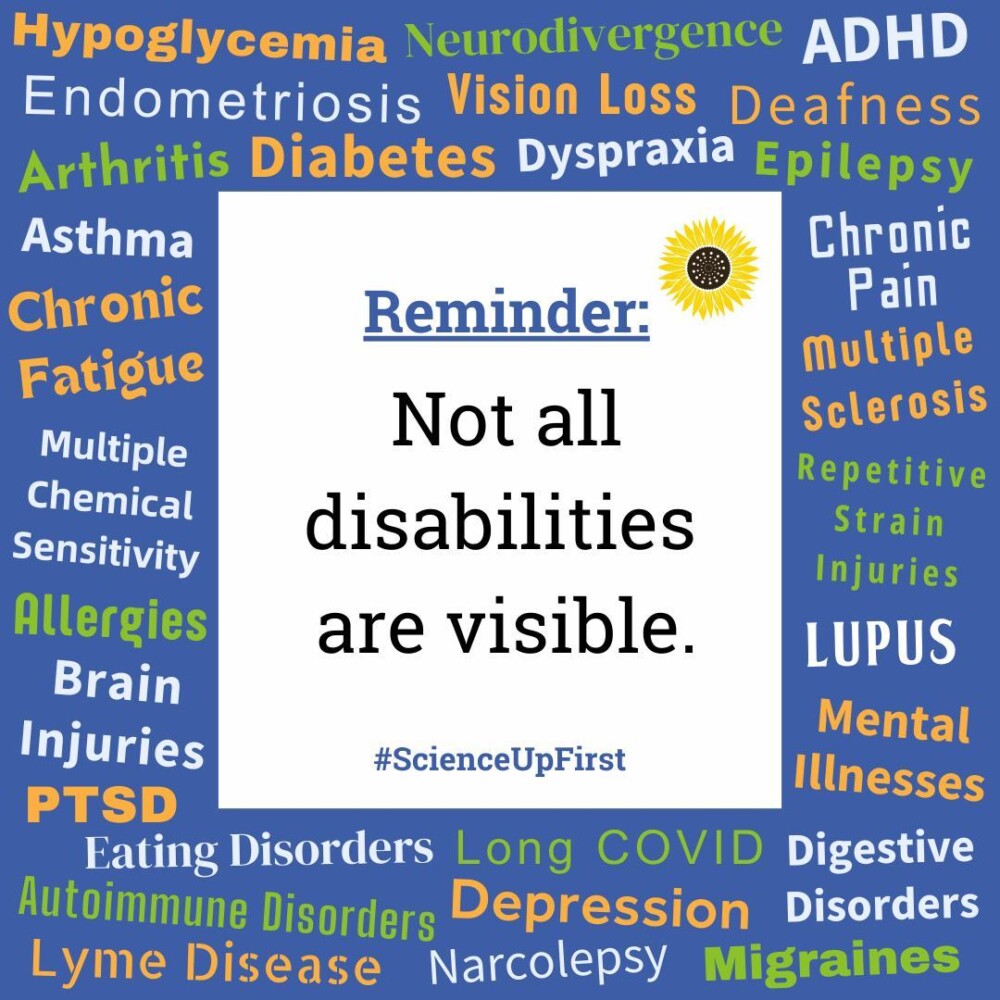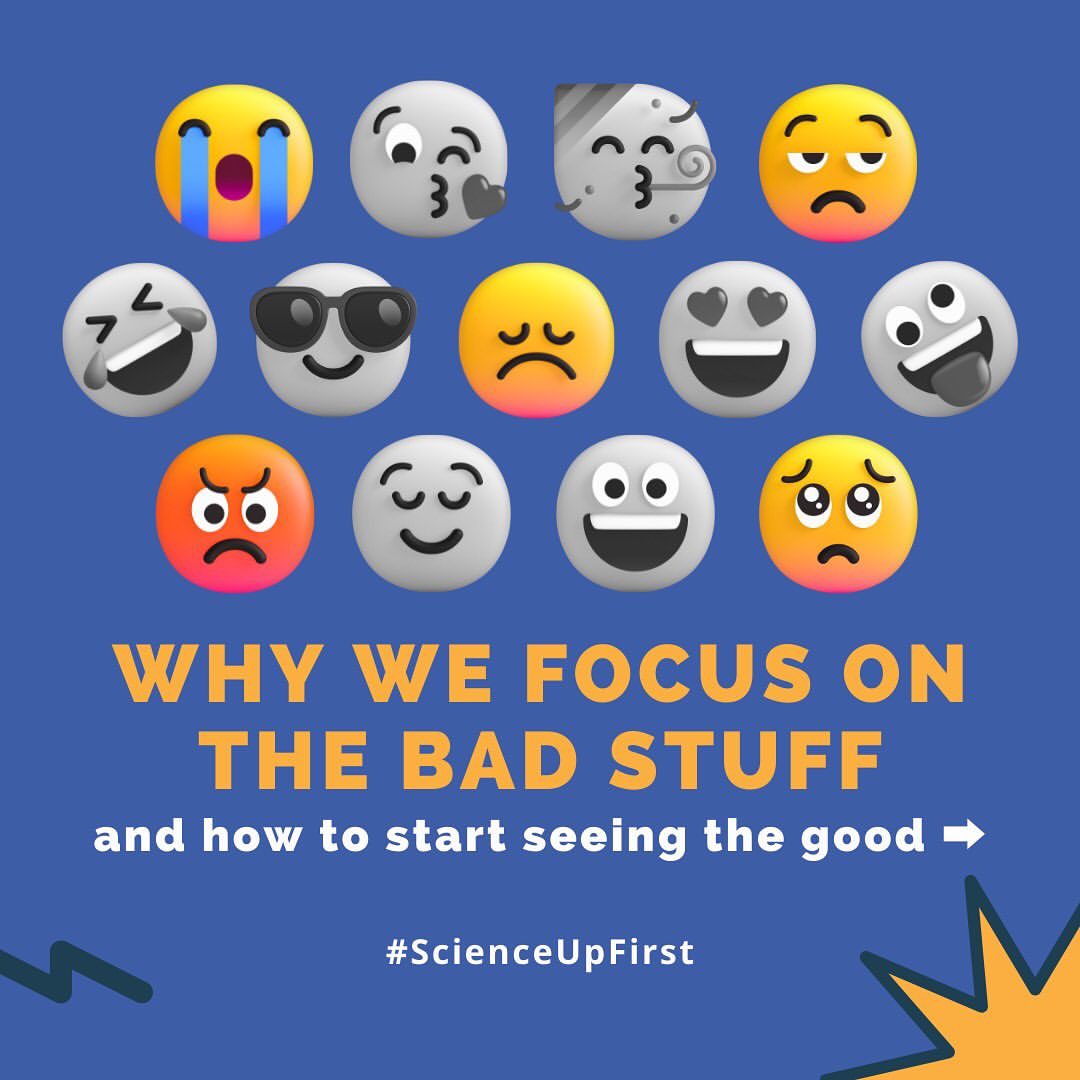
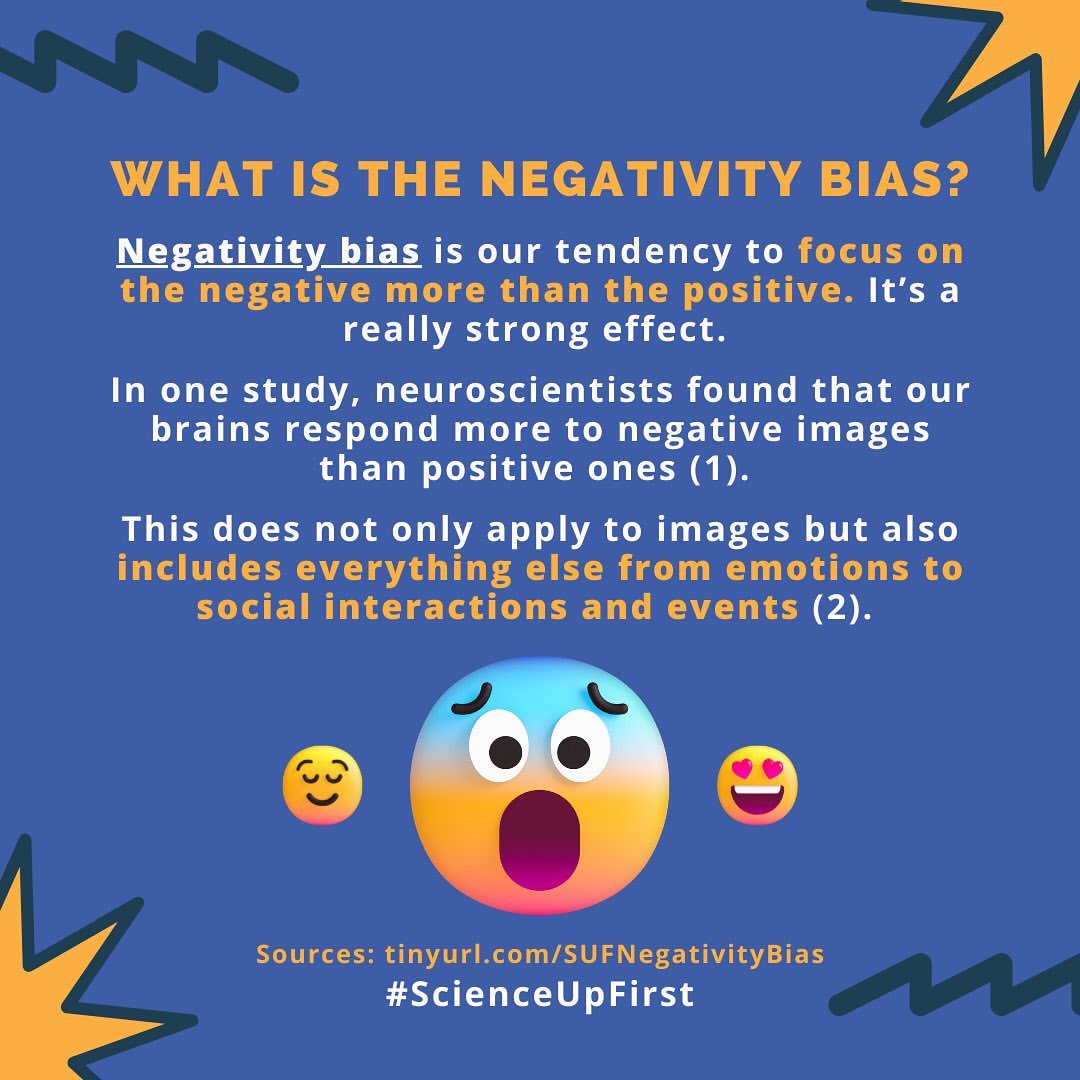
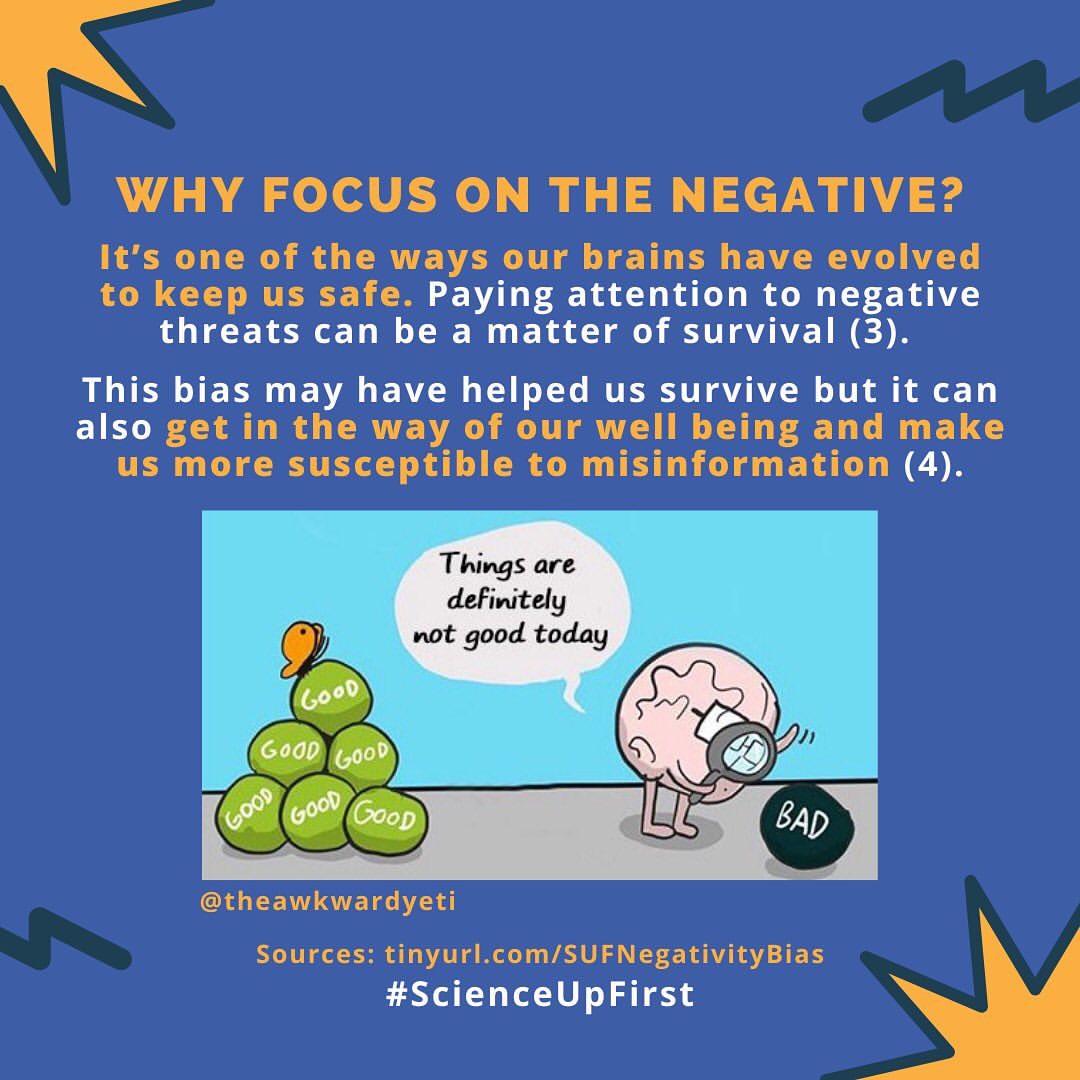
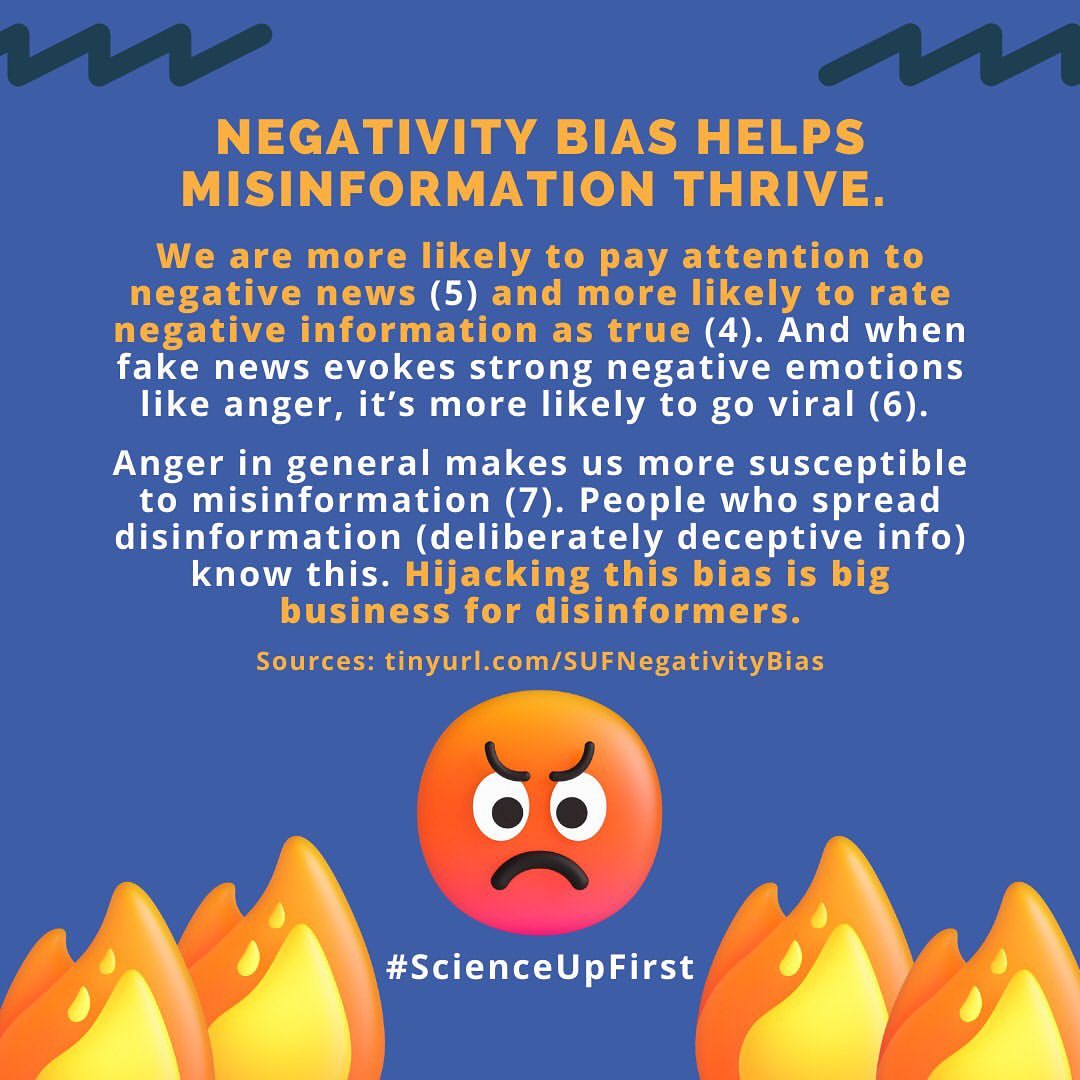
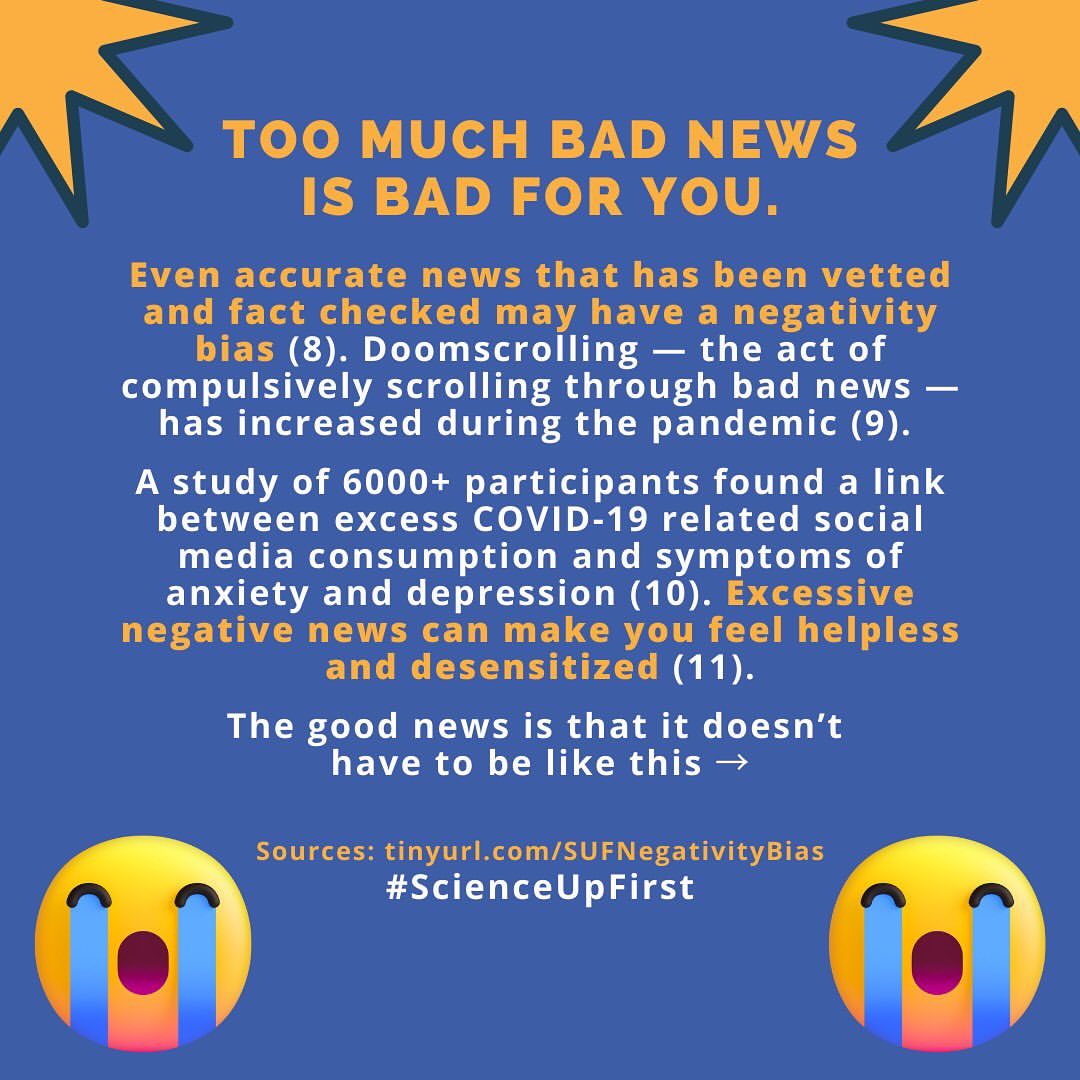
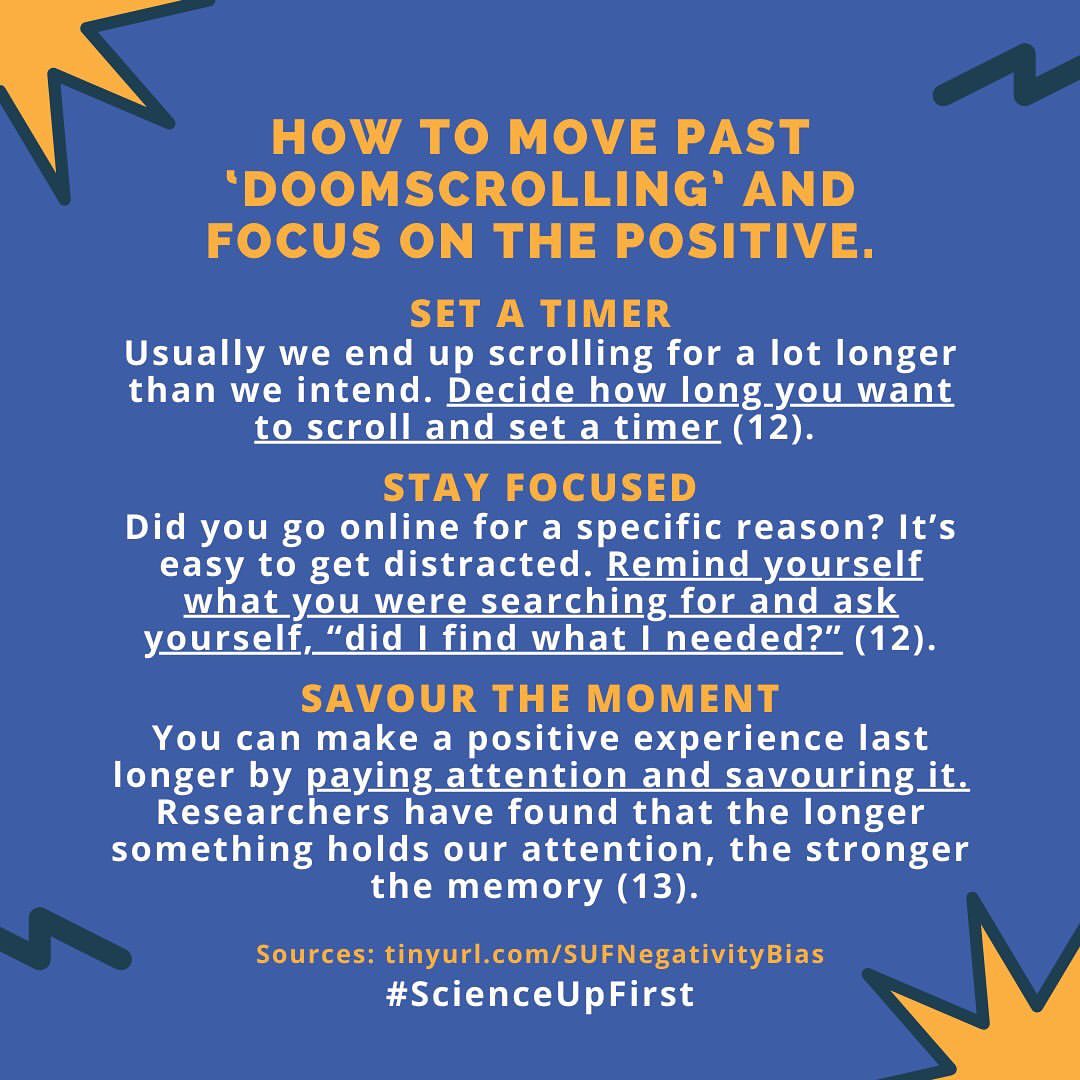
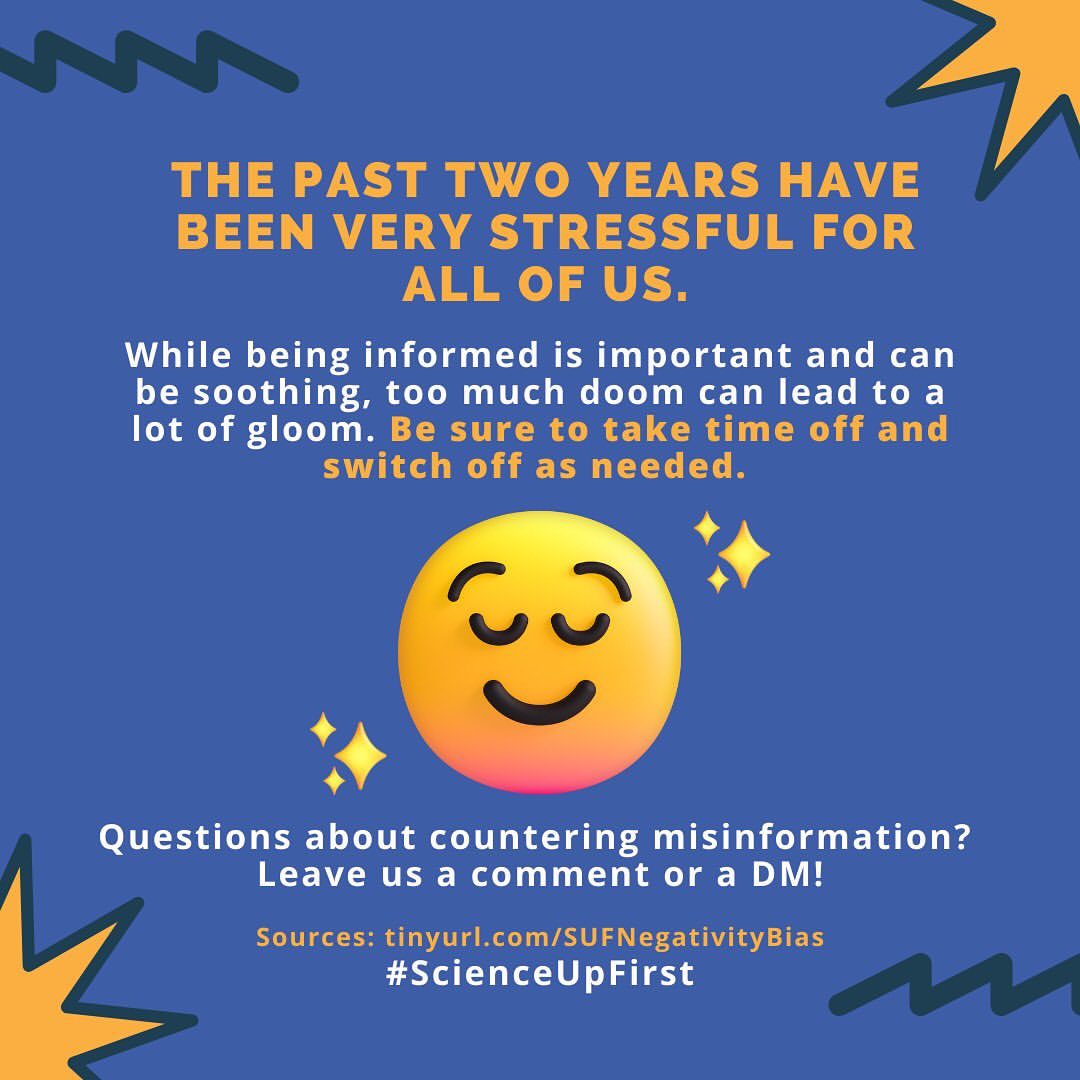
Ever notice that a rude comment or bad interaction sticks out in your mind more than the pile of positive moments?
That’s the negativity bias, baby! And it can make us more susceptible to misinformation and bad moods.
Share our original Tweet!
Ever notice that a rude comment or bad interaction sticks out in your mind more than the pile of positive moments?
That’s the negativity bias! It can make us more susceptible to misinformation
[1/10]#ScienceUpFirst pic.twitter.com/7fatHAS96K
— ScienceUpFirst | LaScienced’Abord (@ScienceUpFirst) March 15, 2022
View our original Instagram Post!
View this post on Instagram
Sources
- (PDF) Negative Information Weighs More Heavily on the Brain
- Looking Up: Mindfulness Increases Positive Judgments and Reduces Negativity Bias
- Not all emotions are created equal: The negativity bias in social-emotional development
- (PDF) Good Things Don’t Come Easy (to Mind): Explaining Framing Effects in Judgments of Truth
- Negativity in political news: A review of concepts, operationalizations and key findings – Günther Lengauer, Frank Esser, Rosa Berganza, 2012
- (PDF) Anger makes fake news viral online
- Anger increases susceptibility to misinformation.
- Cross-national evidence of a negativity bias in psychophysiological reactions to news
- Mental health: What is doomscrolling and how can we stop it? | World Economic Forum
- Associations between COVID-19 related media consumption and symptoms of anxiety, depression and COVID-19 related fear in the general population in Germany | SpringerLink
- The media exaggerates negative news. This distortion has consequences | Steven Pinker | The Guardian
- Your ‘Doomscrolling’ Breeds Anxiety. Here’s How To Stop The Cycle : NPR
- Taking In the Good

